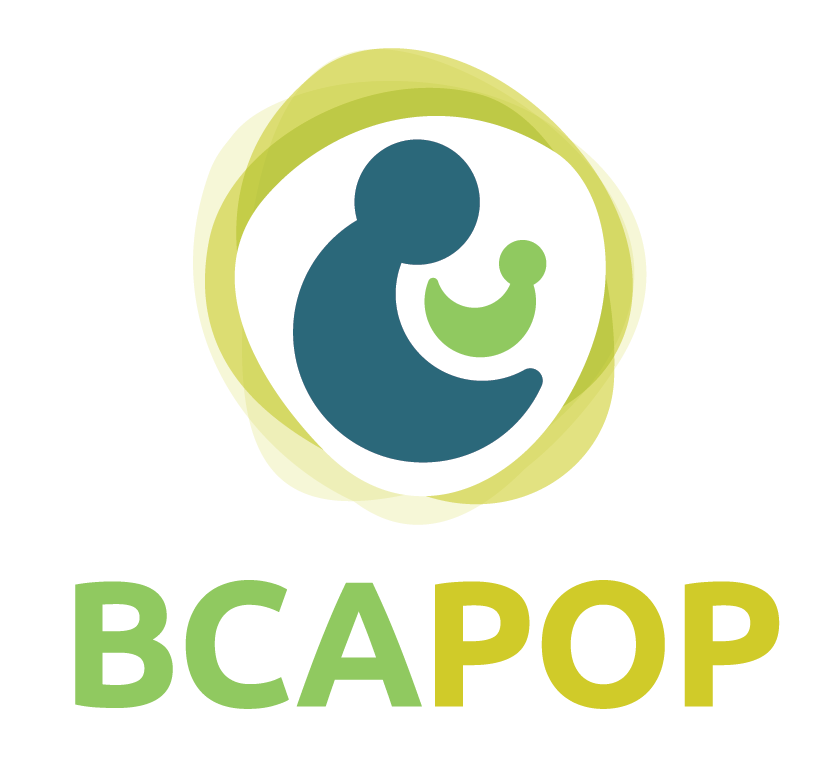BCAPOP POSITION STATEMENTS |
| BCAPOP believes that harm reduction is an essential public health strategy to reduce the harms experienced by perinatal people who use substances. Harm reduction is cost effective and aims to reduce the health, social, legal, cultural, and economic inequities associated with substance use.
|
| BCAPOP believes that gender identity is each person’s internal and individual experience of gender. It may include their sense of identifying with being a woman, man, nonbinary, transgender, or anywhere on the gender spectrum. BCAPOP also supports all individuals to self-identify their own sexual orientation; not limited to heterosexual, lesbian, gay, bisexual, questioning, asexual and two-spirited.
BCAPOP supports various definitions of family which include but are not limited to heterosexual parented, same sex parented, transgendered parented, married, unmarried, cohabitating, separated or divorced, and single. We recognize that there are intact families, blended families, families by choice, foster families and temporary caregivers, adoptive families, extended and multi-generational families. |
| BCAPOP believes that all perinatal people who use substances or have used substances in the past deserve equitable access to services that are free from judgement and stigma. BCAPOP supports the following nine Guiding Principles in working with perinatal people who use or have used substances:2
|
1. BC Nurses Union (2016), Position Statement Gender Affirming Care, retrieved from: https://www.bcnu.org/AboutBcnu/Documents/position-statement-gender-affirming-care.pdf
2. Adapted from Provincial Blueprint for a Perinatal Substance Use Continuum of Care (November 2021), BC Women’s Health Centre, Provincial Health Services Authority




